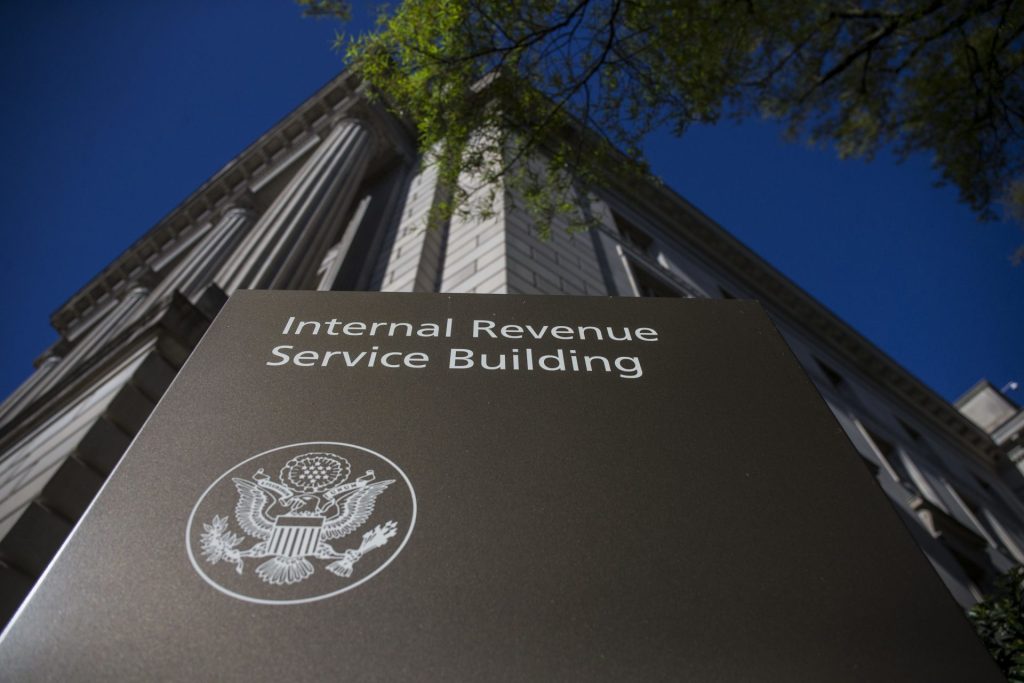
The Internal Revenue Service (IRS) has issued new guidance clarifying the tax treatment of cryptocurrency staking rewards, confirming that they are considered taxable income when received. This announcement has significant implications for cryptocurrency investors and participants in staking activities, marking another step in the agency’s effort to regulate the burgeoning digital asset space.
What Is Crypto Staking?
Crypto staking involves locking up a certain amount of cryptocurrency to support the operations of a blockchain network. In return, participants, often referred to as “stakers,” receive rewards in the form of additional cryptocurrency. These rewards are typically distributed as compensation for validating transactions or maintaining the network.
The IRS’s Stance
In its latest guidance, the IRS states that staking rewards are considered income for tax purposes at the time they are received. The fair market value of the rewards in U.S. dollars on the date they are received must be reported as gross income. This aligns staking rewards with the tax treatment of other forms of cryptocurrency income, such as mining rewards.
“Taxpayers must include the fair market value of staking rewards in their gross income for the taxable year in which they gain control of the rewards,” the IRS stated. “This applies regardless of whether the taxpayer has sold or otherwise disposed of the rewards.”
Implications for Crypto Investors
The IRS’s clarification puts the onus on cryptocurrency investors to accurately track and report staking rewards. Failure to do so could result in penalties or audits. This may also complicate tax filing for individuals participating in multiple staking programs or using decentralized finance (DeFi) platforms, where tracking transactions can be more challenging.
Tax professionals warn that the guidance may discourage some from engaging in staking due to the additional reporting requirements and potential tax burden. Others argue that the move provides much-needed clarity, allowing participants to plan their tax obligations more effectively.
Read This : Cetoex Made Easy 8-Step Guide to Buying Crypto.
Industry Reaction
The crypto community has responded with mixed reactions. While some see the guidance as a step toward legitimizing cryptocurrency activities, others express concerns about the tax burden and its impact on blockchain innovation in the United States.
“The IRS’s decision underscores the importance of regulatory clarity, but it also highlights the need for balanced policies that don’t stifle innovation,” said John Doe, a spokesperson for a prominent blockchain advocacy group. “We hope to see continued dialogue between regulators and the industry.”
Next Steps for Taxpayers
To stay compliant, taxpayers involved in crypto staking should:
- Keep detailed records of all staking activities, including dates, amounts, and fair market values.
- Consult tax professionals familiar with cryptocurrency regulations.
- Monitor future IRS updates, as the agency continues to refine its approach to digital assets.
A Broader Push for Regulation
The IRS’s announcement is part of a broader effort to regulate cryptocurrencies and ensure that digital asset transactions are properly reported. It follows recent moves to strengthen reporting requirements for crypto brokers and exchanges under the Infrastructure Investment and Jobs Act.
As the U.S. government tightens its oversight of the cryptocurrency sector, industry participants will need to adapt to a more regulated environment. For now, the IRS’s clarification on staking rewards serves as a reminder that the digital asset space is no longer operating in a regulatory gray area.